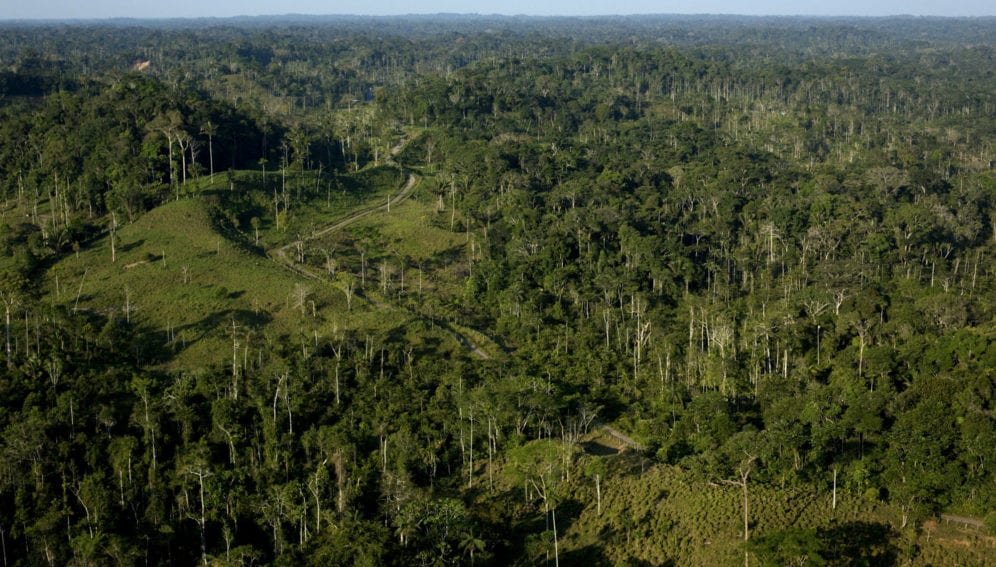Send to a friend
The details you provide on this page will not be used to send unsolicited email, and will not be sold to a 3rd party. See privacy policy.
[SÃO PAULO] Protecting the plants and animals that are vital for Brazil’s ecosystem could reduce poverty and create thousands of jobs, a report has found.
The report, signed by more than 100 researchers, said that the country should spend more money on sustainable development. This includes saving the species that provide important environmental services, such as healthland, clean water and carbon sequestration.
The report was developed by the Brazilian Platform on Biodiversity and Ecosystem Services, and launched during the UN Biodiversity Conference from 17-29 November. It estimates that Brazil is home to 20 per cent of the world’s species, which includes nearly 42,000 different plants and approximately 9,000 vertebrates.
“This report should make the international community more aware of Brazil’s environmental richness.”
Cristina Banks-Leite, Imperial College London, United Kingdom
However, due to deforestation and plantation farming, the country is retaining only 40 per cent of its original vegetation cover, says forestry engineer Fábio Scarano, one of BPBES coordinators. “[There are] 55 million hectares of land degraded by livestock that could be reversed in plantations, avoiding further deforestation,” he says.
Nearly half of the country’s remaining vegetation cover is in the poorest places of Brazil, the report found. It lamented that, in municipalities where forest has largely been replaced by plantations or pasture land, living conditions for local people have not increased. Furthermore, deforestation has not resulted in an increase of the Human Development Index for locals, despite an increase in economic activity.
“The loss of biodiversity induced by the switch from native ecosystems to unsustainable use of natural resources may undermine a set of processes essential to human well-being,” Scarano says.
The report argues that protecting forests and pristine lands would generate more income and preserve important ecosystem services than cutting it down for farming or logging. Such a move would also help Brazil comply with the UN’s Sustainable Development Goals and the Aichi Biodiversity Targets, which aim to reduce biodiversity loss.
Scientists at the Brazilian Platform on Biodiversity and Ecosystem Services have made their own calculations. They found that, for example, maintaining 30 per cent of forest vegetation in the Atlantic Forest zone and protecting vertebrates would cost around US$120 million per year (R$445 million), less than 0.01 per cent of Brazilian annual Gross Domestic Product (GDP).
Cristina Banks-Leite, a Brazilian biologist at Imperial College London, United Kingdom, who made the calculations, says the report presents state-of-art of the scientific knowledge on environmental conservation in Brazil and that, as such, could be widely used as a decision-making tool.
“I truly believe this report should make the international community more aware of Brazil’s environmental richness, allowing them to pressure the new government to follow through with commitments made in previous governments,” she tells SciDev.Net.














